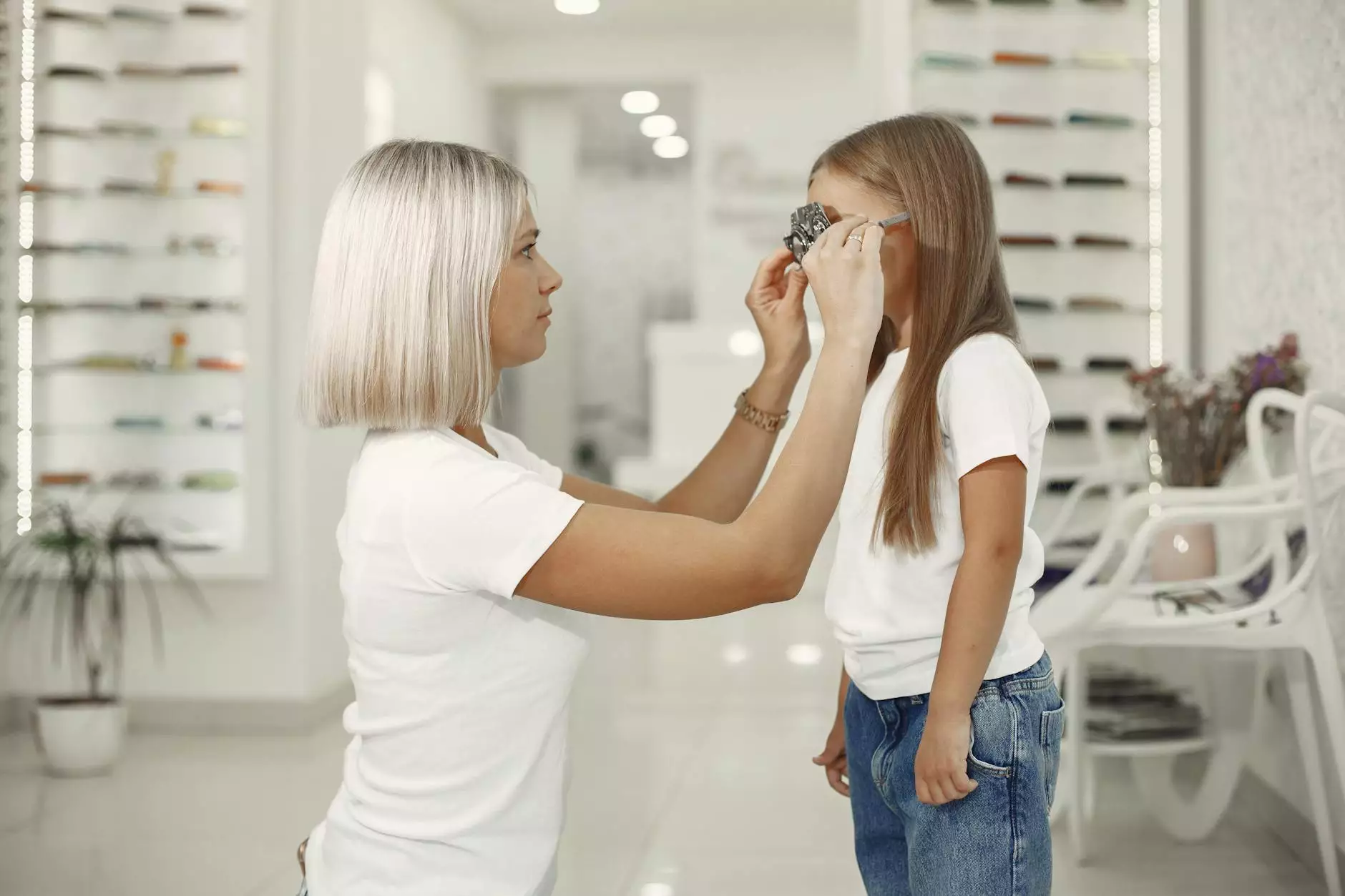Contact Lenses – Just the Facts
Blog
The Benefits of Contact Lenses
When it comes to vision correction, contact lenses offer several advantages over traditional eyeglasses. They provide a more natural field of view and eliminate the hassle of constantly adjusting frames. Contact lenses also allow you to participate in sports and physical activities without the fear of them falling off or breaking. Moreover, many people find them aesthetically pleasing as they enhance facial features without obstructing them.
The Different Types of Contact Lenses
There are various types of contact lenses available to cater to different vision needs and preferences:
1. Soft Contact Lenses
Soft contact lenses are the most commonly used type due to their exceptional comfort. They are made of a soft, flexible plastic material that conforms to the shape of your eyes. They are available in daily disposable, weekly, bi-weekly, and monthly replacement schedules, providing options based on your lifestyle and budget.
2. Rigid Gas Permeable (RGP) Contact Lenses
RGP lenses are made of a firm, durable plastic material that allows oxygen to pass through to the cornea. They provide excellent vision clarity and are suitable for individuals with astigmatism. Although they require a longer adaptation period compared to soft lenses, RGP lenses offer longer lifespan and are more resistant to protein buildup, ensuring better eye health and comfort.
3. Toric Contact Lenses
Toric lenses are specifically designed to correct astigmatism, a condition where the cornea has an irregular shape. They are available in both soft and RGP options and provide clear and stable vision for individuals with astigmatism.
4. Multifocal Contact Lenses
Multifocal lenses are designed to address presbyopia, an age-related condition that affects near vision. These lenses provide clear vision at different distances, eliminating the need for reading glasses or bifocals.
Proper Contact Lens Care
Proper contact lens care is essential to maintain good eye health and optimize vision correction. Here are some important tips:
1. Hygiene Practices
Always wash your hands with soap and water before handling your contact lenses. Avoid using lotions, creams, or oily substances that might leave residue on your lenses.
2. Cleaning and Disinfecting
Follow the recommended cleaning and disinfecting procedures provided by your eye care professional. Clean your lenses daily to remove debris and protein deposits, and use appropriate contact lens solutions to disinfect them.
3. Replace as Recommended
Replace your contact lenses as recommended by your eye care professional. Overwearing or overextending the lifespan of your lenses can lead to eye discomfort, increased risk of infection, and reduced vision clarity.
Consult with an Eye Care Professional
It is crucial to consult with an experienced eye care professional, such as Baron Rick W Dr, before starting or switching to contact lenses. They will assess your eye health, determine the right type of lenses for your needs, provide personalized fitting, and offer guidance on proper lens care.
Conclusion
Choosing contact lenses that suit your vision needs requires understanding the facts and considering various factors. Contact lenses offer numerous benefits, ranging from improved visual acuity to enhanced comfort and convenience. Different types of lenses are available to address specific conditions, ensuring clear and stable vision. However, proper care and maintenance are essential to preserve eye health and maximize the longevity of your contact lenses. Consulting with an eye care professional like Baron Rick W Dr will help you make informed decisions and achieve optimal vision correction.










